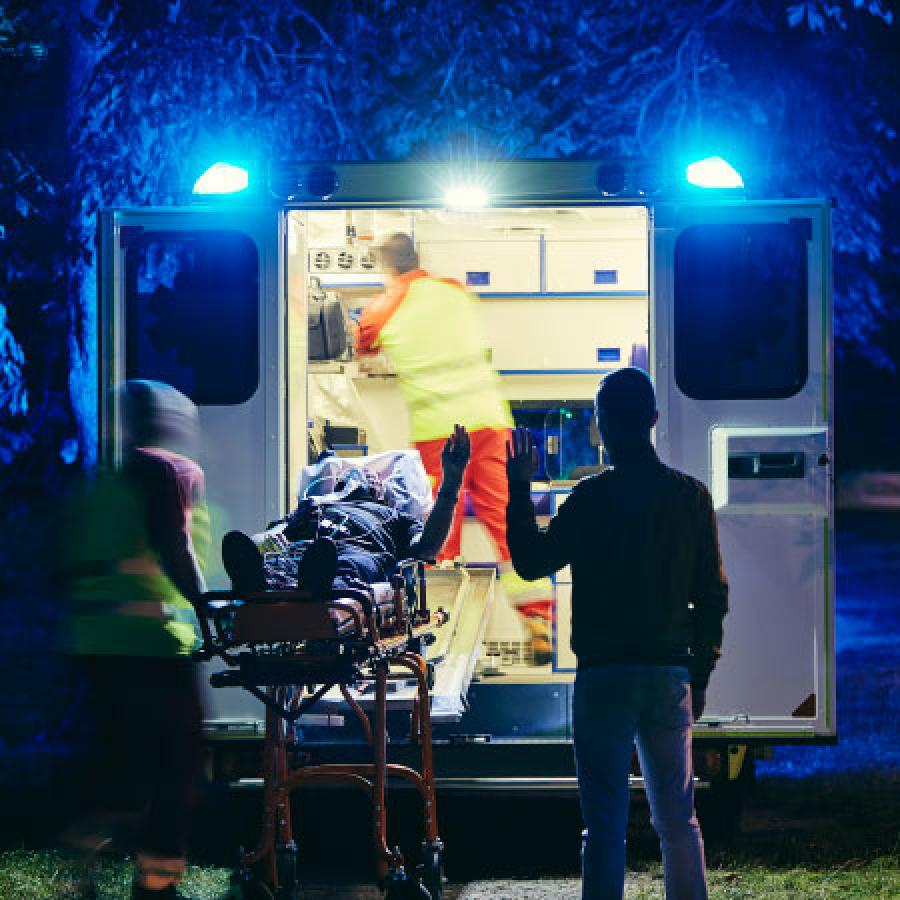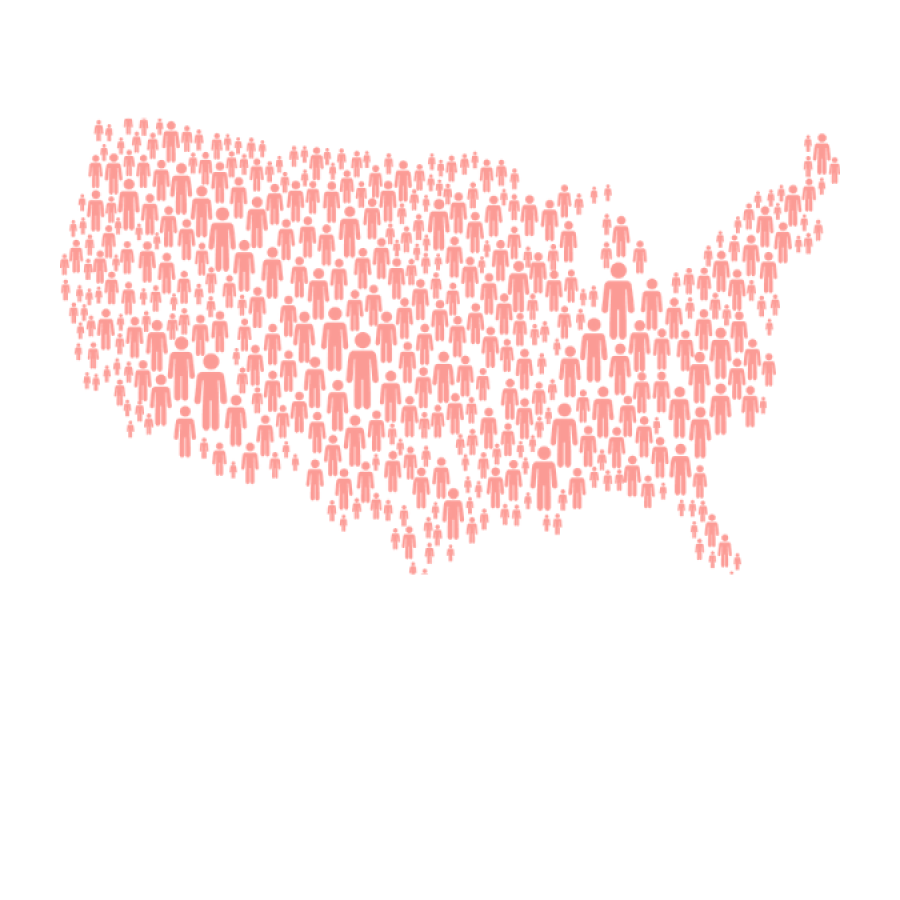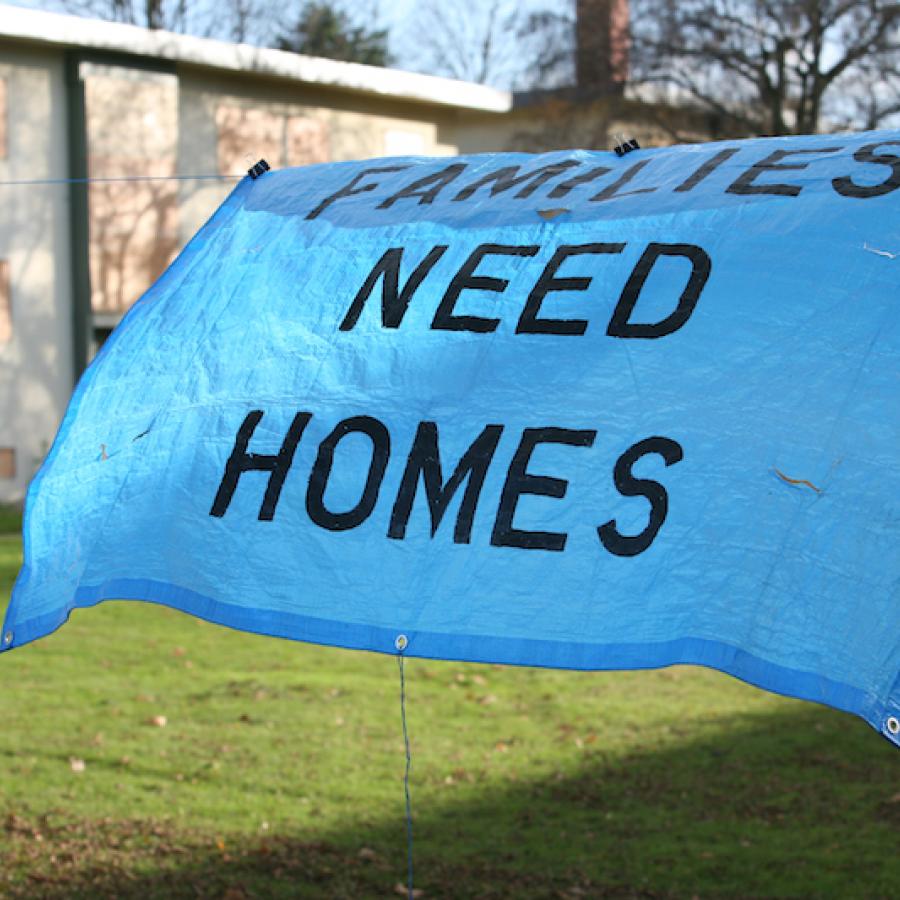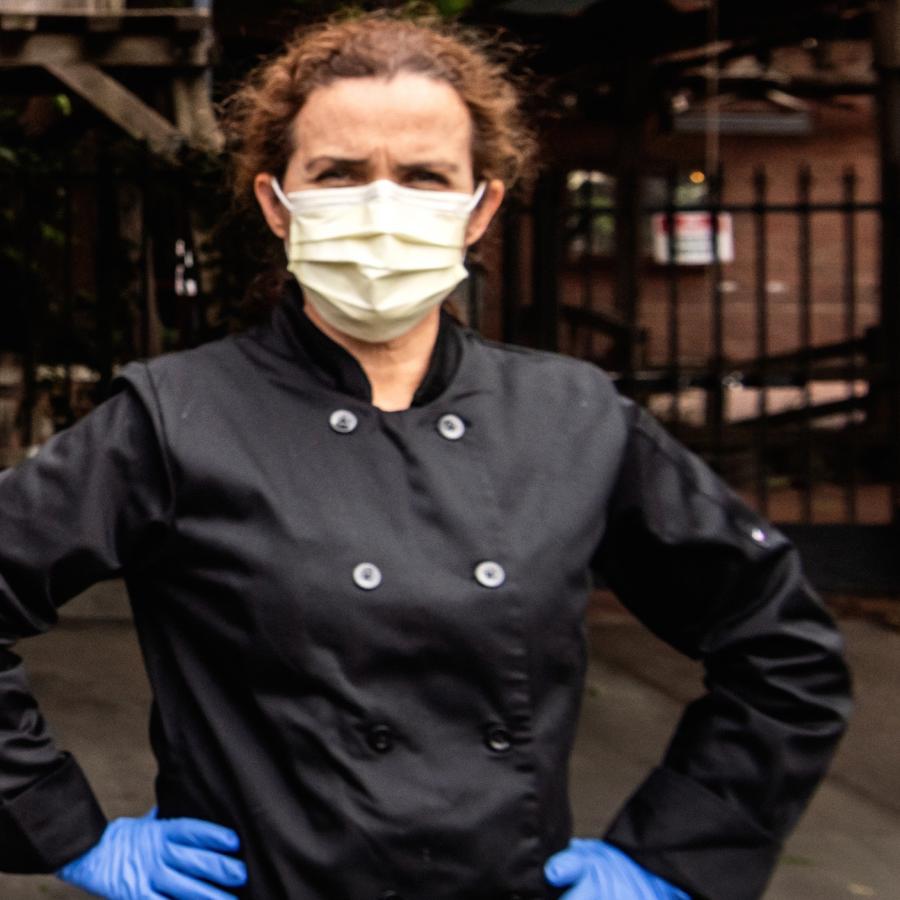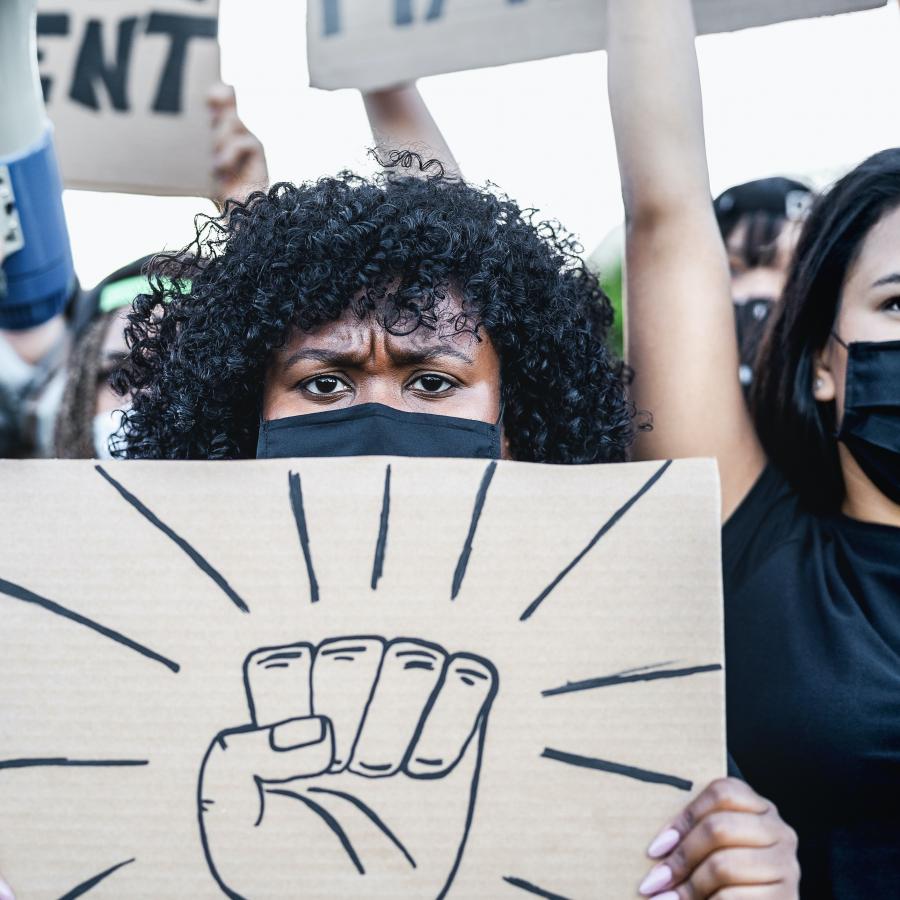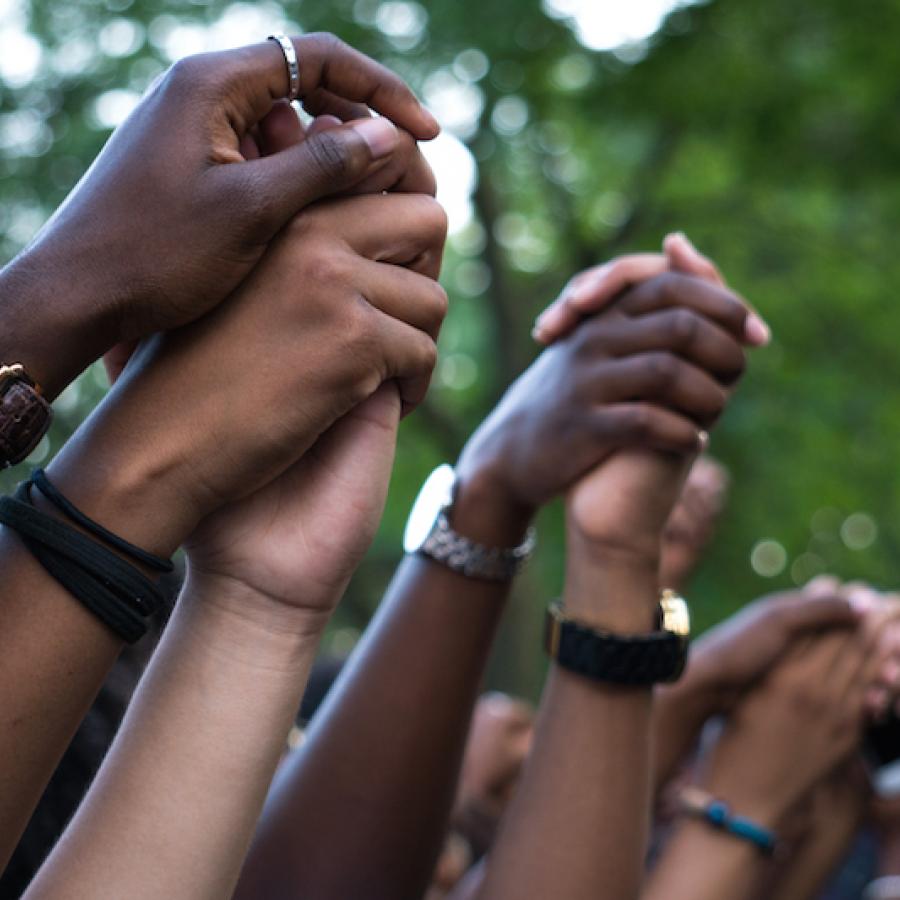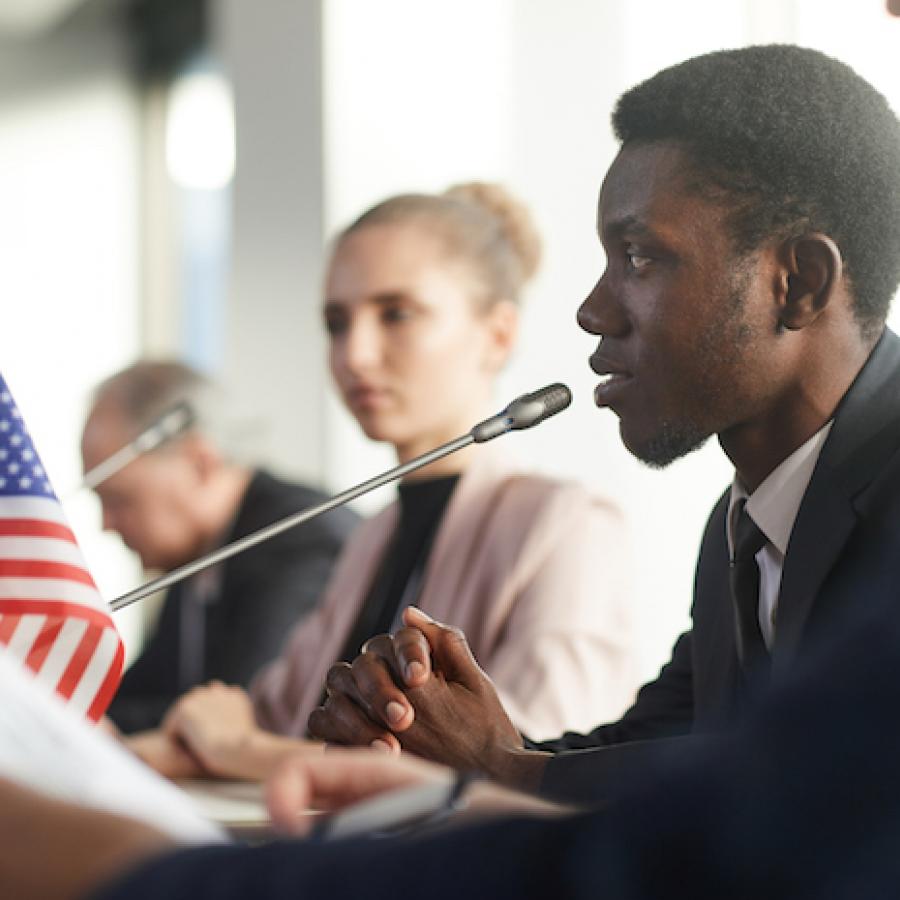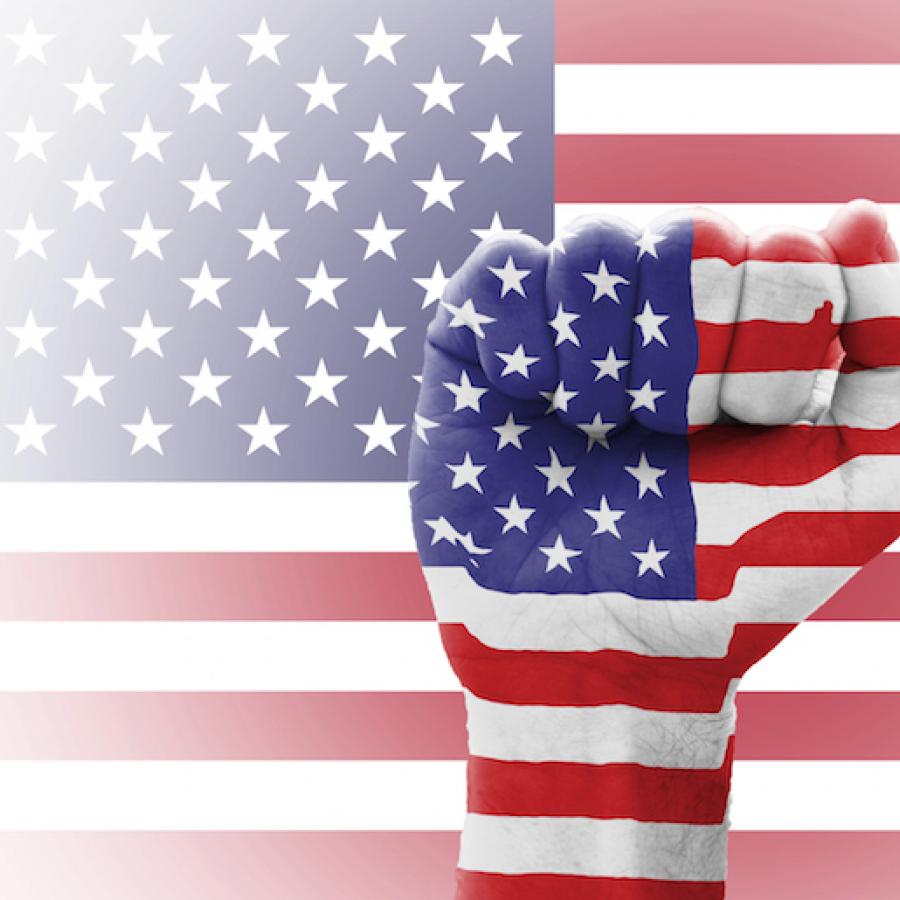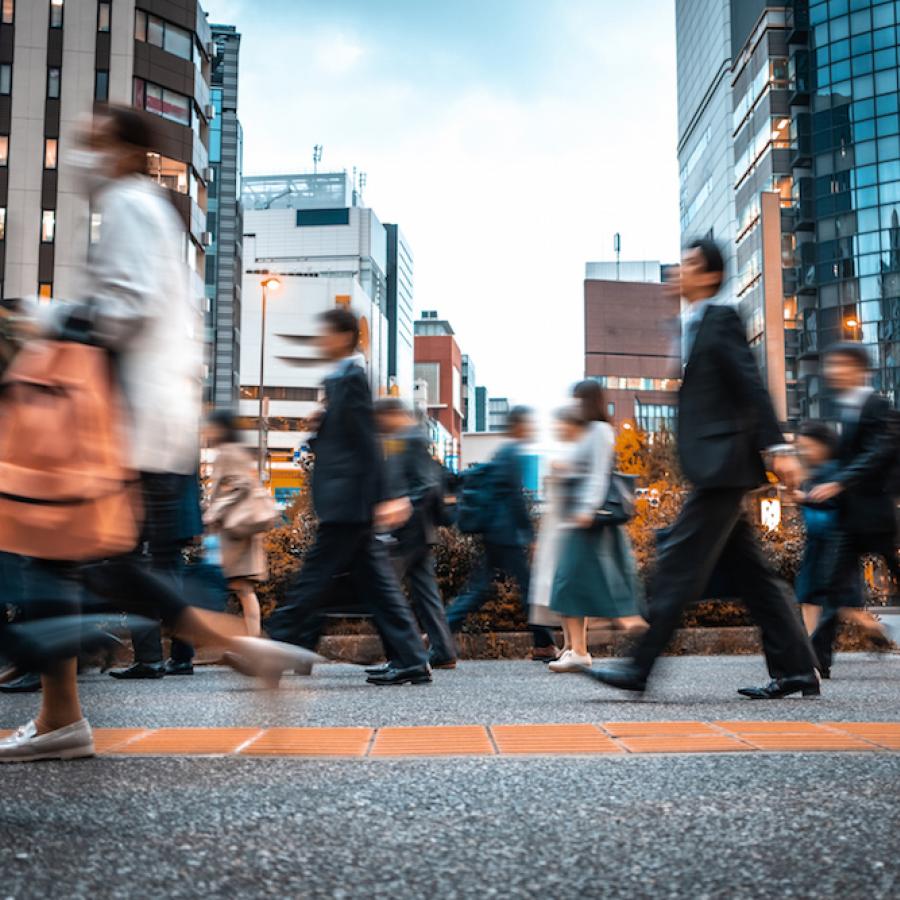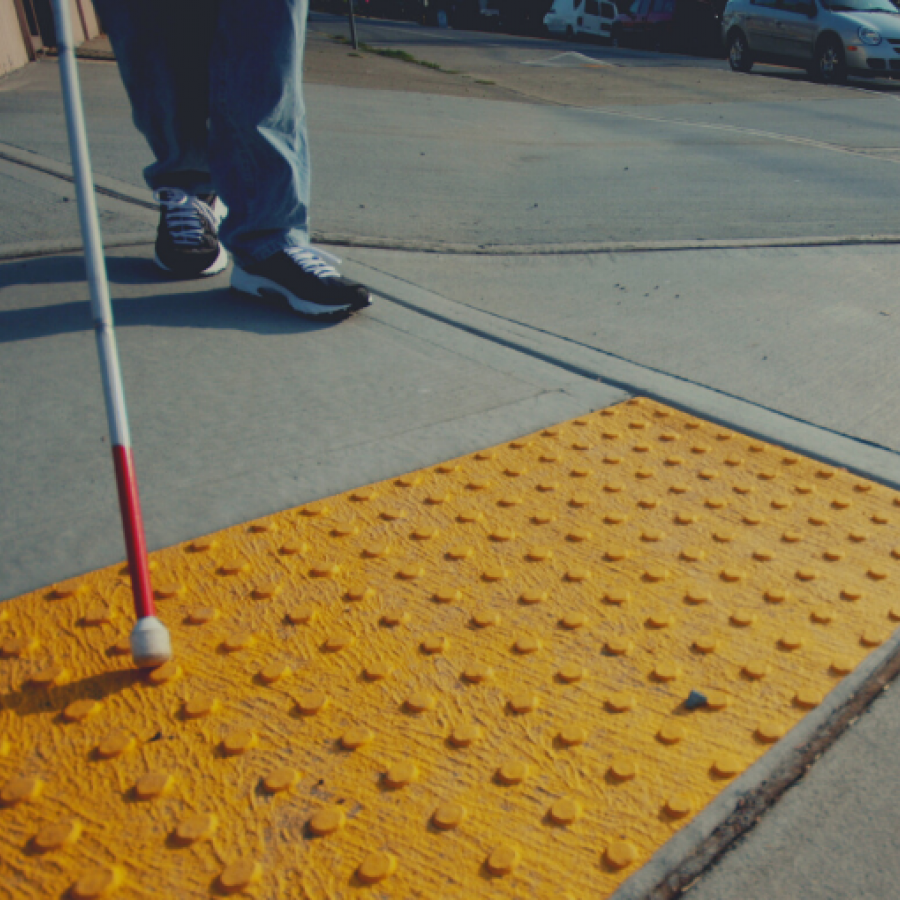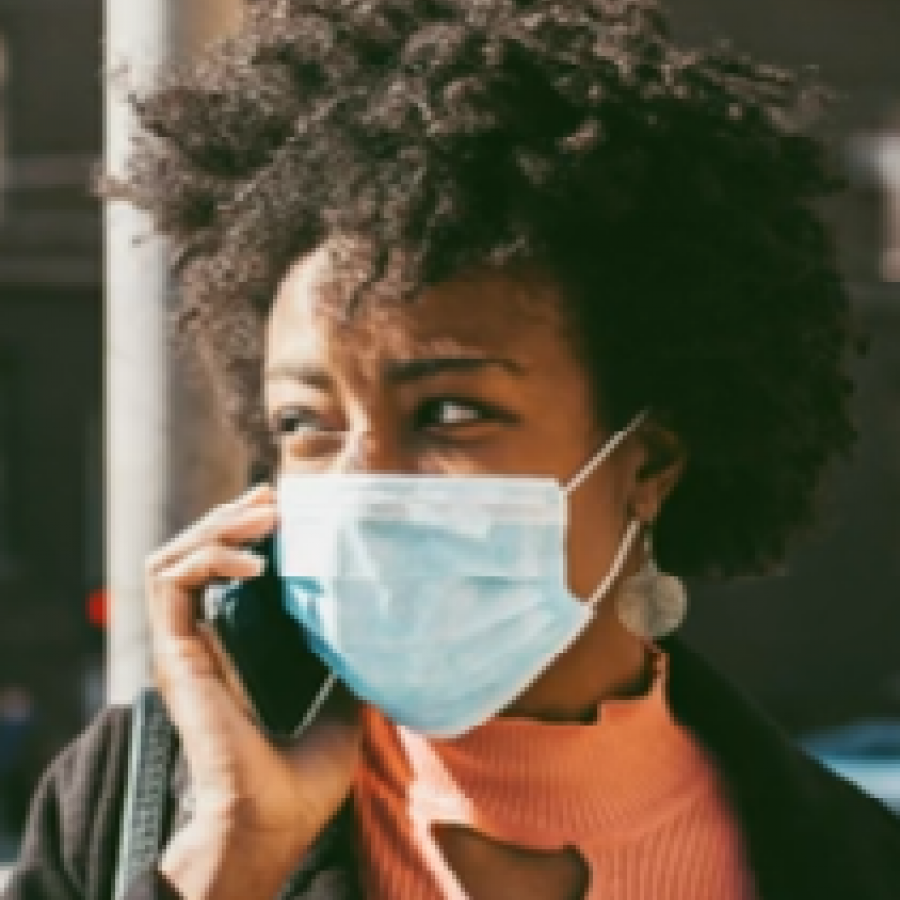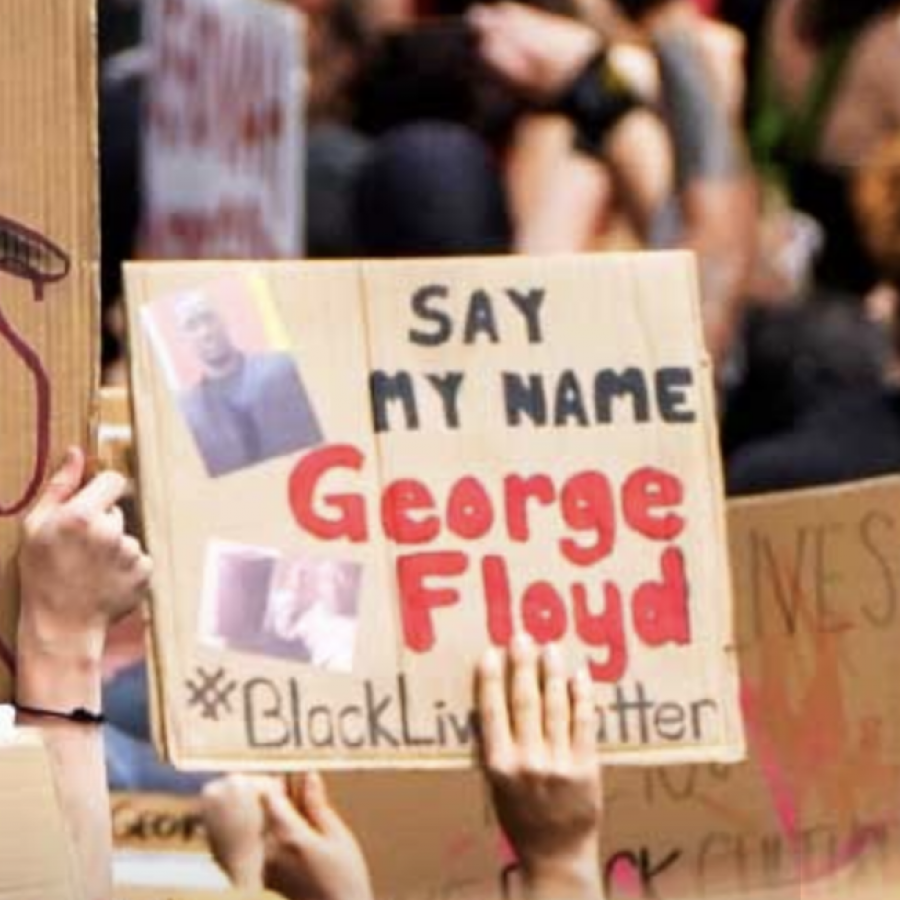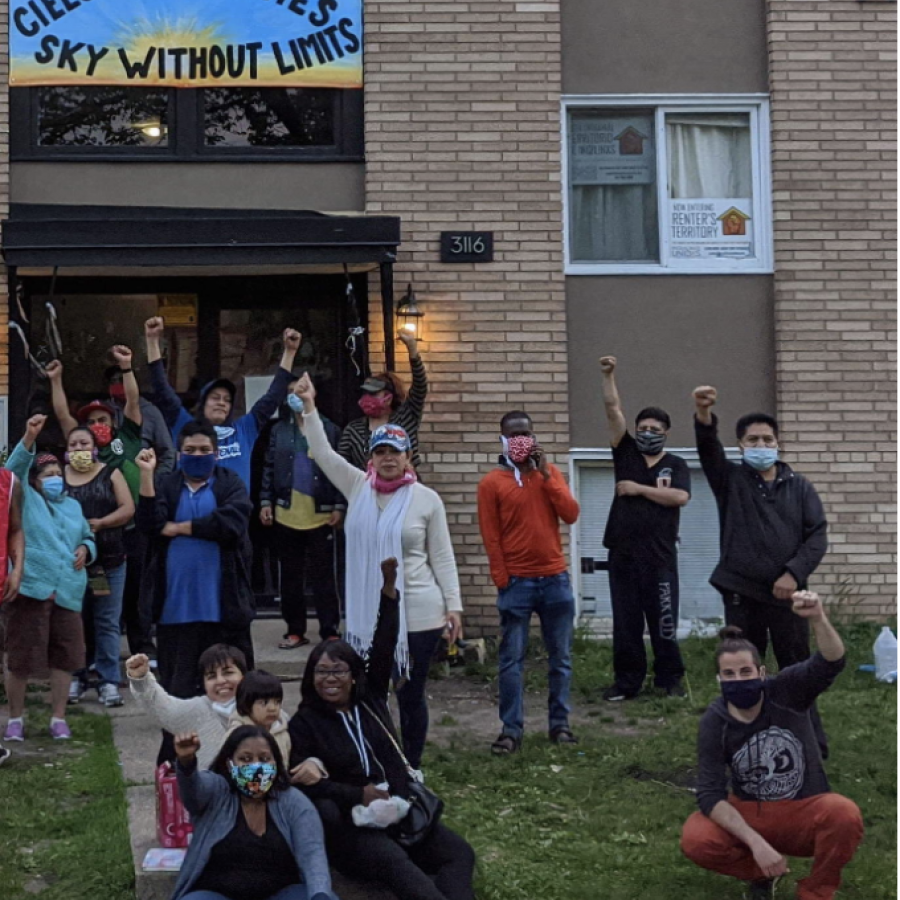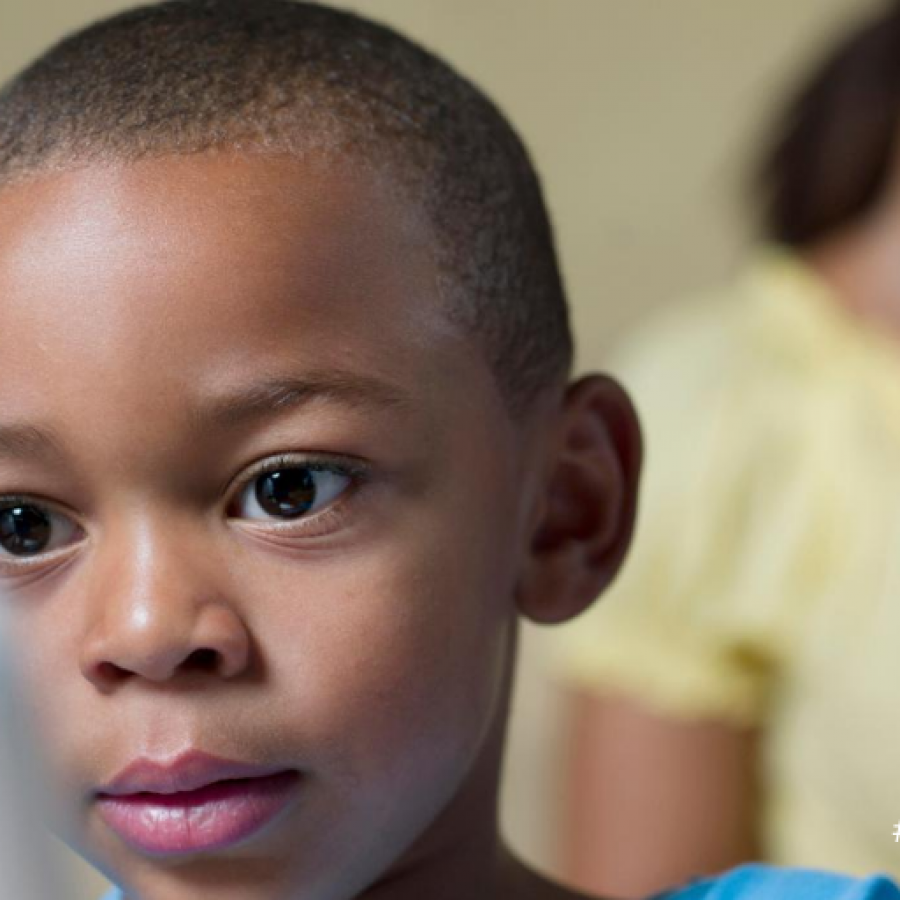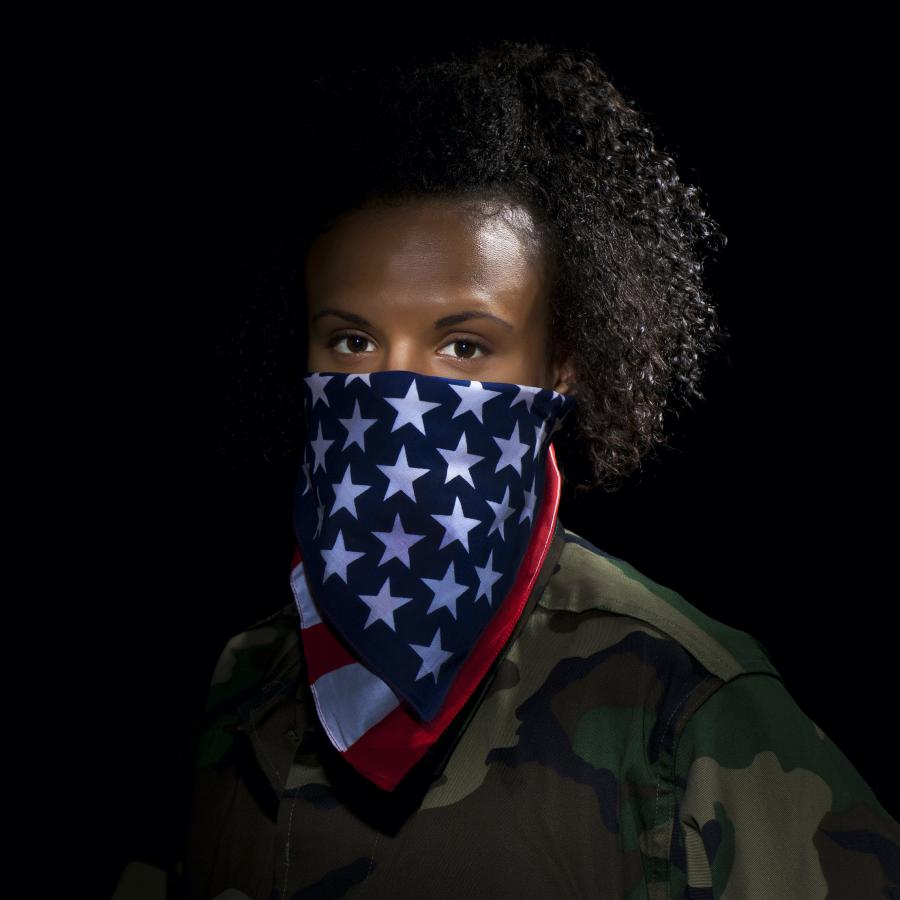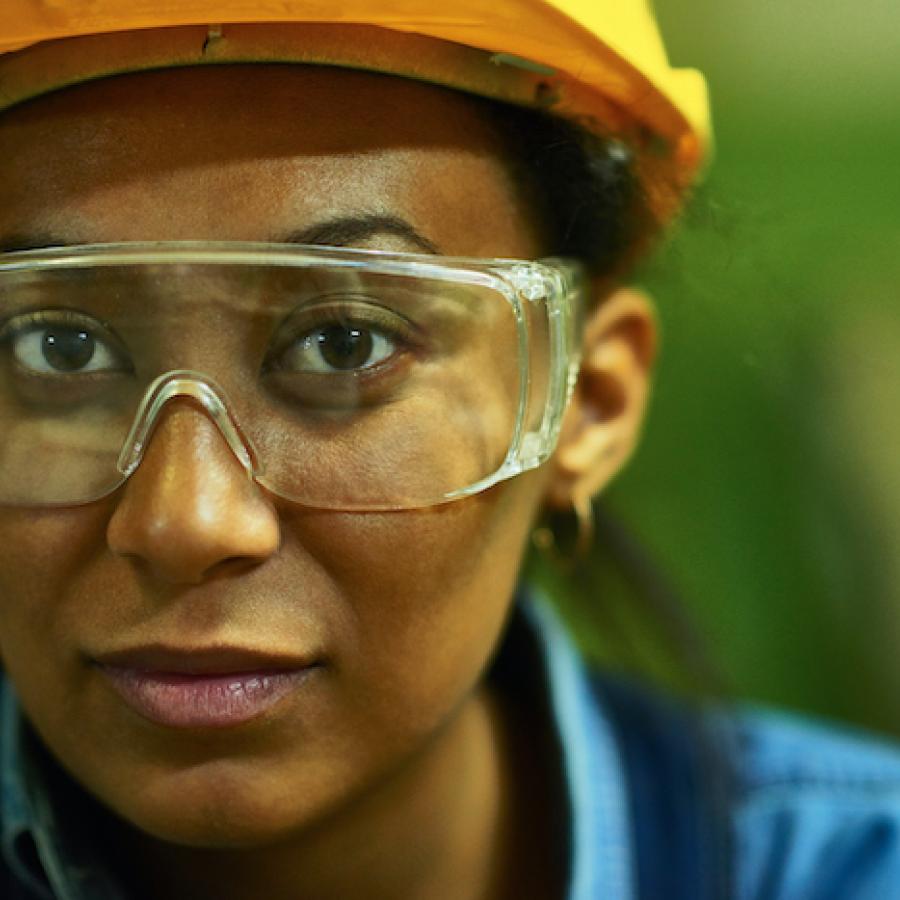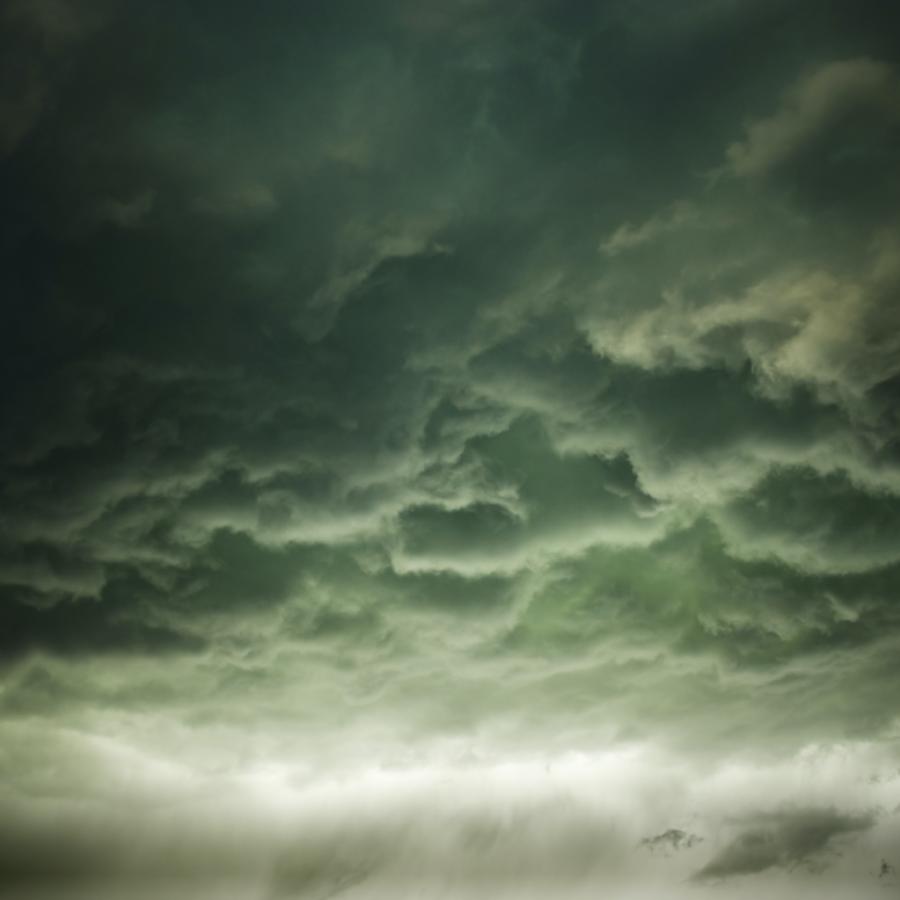Life and death at the intersection of Covid, race, and climate change; states scramble to plug historic budget gaps; and what a future without offices means for low-wage service workers, in this week’s Covid, Race, and the Revolution.
Issue No 22. September 9, 2020
News, Analysis, and Commentary, Curated from Around the Web
Many states are cutting preschool programs, free-tuition college programs, and spending on Medicaid, which has become a lifeline for millions of people who have lost their employee health benefits along with their jobs since the pandemic began, the New York Times reports. The actions are a response to the dire budget shortfalls facing state and local governments as the pandemic continues unabated, and the Senate remains deadlocked on a relief package.
Chicago, struggling with a budget gap of almost $800 million this year, could see a shortfall next year of $1.2 billion, the largest in its history, according to the website Block Club Chicago. New York City is confronting a budget hole of more than $5 billion, its worst fiscal plight since the city nearly went bankrupt in the 1970s.
The wave of state and municipal budget cuts is reminiscent of New York’s response in the ’70s — a strategy that ultimately proved harmful, City Councilmember Brad Lander writes. By cutting the safety net and infrastructure investment, laying off thousands of workers, and handing public land — and tax breaks — to developers, the city avoided total economic collapse but paved the way to the disastrous rise of inequality. Lander makes the case for using social ownership of land — including land banks and land trusts — to spur a just, durable recovery, promote equitable growth, and avoid an exploitive feeding frenzy by developers.
Through conversations with leaders from Black, Latinx, and tribal communities, the Robert Wood Johnson Foundation has captured three key lessons to inform an equitable response and recovery: (1) Covid-19 is not happening in a vacuum but in the context of longstanding racial and economic inequity; (2) timely disaggregated data are critical for identifying trends and targeting resources where they are needed most; and (3) the crisis is an opportunity to imagine what’s possible in housing, income inequality, health-care access, and more.
Meanwhile, in a move sure to worsen economic woes on the ground, the Trump administration has quietly halted aid to states to cover the costs of disinfecting schools and public transit, buying masks for public employees, and other coronavirus-fighting efforts, the Daily News reports. The Federal Emergency Management Agency, which has helped pay for such measures since the pandemic began, now says: “These are not immediate actions necessary to protect public health and safety.”
In the nation’s four largest cities, at least half of people say they have lost a job or someone in their household has had a cut in pay or hours since the start of the pandemic, finds a new poll published Wednesday by NPR, the Robert Wood Johnson Foundation, and Harvard researchers. The pain is concentrated among Black and Latinx households. In Houston, for example, a stunning 81 percent of Black households and 77 percent of Latinx households reported serious financial problems. New York, Chicago, and Los Angeles showed similar trends.
Although the economy added 1.4 million jobs in August, the gains were driven by government hiring, particularly temporary census workers, who accounted for one of every six jobs added, the Washington Post reports. More than half of the 22 million jobs lost between February and April have not returned, and 29 million people — disproportionately women and people of color — are still drawing unemployment benefits.
As companies rethink having employees return to offices, an army of low-wage service workers, mostly immigrants and people of color, stand to lose the most, the New York Times reports. Globalization and automation wiped out many lower skilled jobs across the country, but service jobs including food and custodial, held on, especially in cities — until now. “I don’t know what a less-skilled worker does in West Virginia,” Harvard economist Edward Glaeser told the paper. “If urban service jobs disappear, the whole of America becomes like West Virginia.”
The Center for American Progress calls for immediate policy interventions to protect the nation’s more than two million home health aides. This workforce, composed largely of women of color, has never been needed more, yet is usually excluded from laws that safeguard workers, including the right to join a union and collectively demand higher wages and better safety standards.
In a nation gripped by so much economic pain, nearly one in eight households doesn’t have enough to eat, the New York Times writes in a special report, "America at Hunger’s Edge". And while the pandemic’s full impact on people experiencing homelessness isn’t yet clear, the challenges facing unhoused people are becoming more urgent as summer wanes, flu season approaches, colder weather threatens to make living outdoors more hazardous, and Congress fails to deliver more direct relief to Americans, The New Republic writes.
The Urban Institute shines the light on a struggling group that hasn’t gotten much attention: Black and Latinx landlords. Compared with their White counterparts, they are having a harder time keeping up with mortgage payments. Nevertheless, they are more likely to offer their tenants payment plans and other breaks on rent.
The pandemic’s effect on climate change seemed to be a bright spot in the Covid crisis, as TV and newspapers last spring displayed seemingly endless photos of blue skies and empty roads. Greenhouse gas emissions are projected to show their sharpest decline in modern history, Bloomberg reports. But 2020 is shaping up to be the world’s second hottest year, if not the hottest. And now air pollution is returning to pre-Covid levels, the Economist reports. The trend is especially worrisome for people of color: race is the largest predictor of whether a person lives in a heavily polluted area — and Covid-19 is particularly deadly for people with respiratory problems, which are often linked to exposure to toxic emissions, Wired writes.
Perhaps nowhere is the intersection of race, Covid, and climate change more glaring than in California. While the state blisters through record heat and its worst fire season, it is dangerously short on its key frontline responders: incarcerated firefighters, CNBC reports. Covid outbreaks in prisons, lockdowns, and early release to control the virus have severely depleted the inmate firefighting force that the state has relied on for years — people who work 24-hour shifts and earn less than $5 a day.
The shortage has highlighted another injustice: thousands of inmates who worked on fire crews are generally barred from getting firefighting jobs after they’re released, due to their conviction records. A bill newly passed by state legislature will lift that prohibition for nonviolent offenders, allowing them an opportunity to have their records expunged after they’re out of prison and pursue a firefighting career, Wildfire Today reports.
Also caught in the brutal nexus of race, the pandemic, and climate are California farmworkers, National Geographic writes. At the height of the picking season and in an economy wrecked by massive job losses, these workers have no choice but to keep laboring in the fields in lung-aggravating smoke and historic-high temperatures.
With more than 115,000 confirmed cases of Covid-19 in state and federal prisons, incarcerated people are resisting and publicly challenging conditions behind bars, Truthout reports. After the Indiana Women’s Prison instituted a lockdown policy, holding women in their cells, with no running water, toilet, or emergency call button for long stretches of time, women filed grievances en masse. Incarcerated people at the federal prison in Danbury, Connecticut, have filed a class-action lawsuit demanding the immediate release of people ages 50 and older and those with serious underlying medical conditions — and adequate social distancing, health care, and sanitation for people who remain locked up.
In other important reads, National Geographic looks at America’s long history of state-sanctioned discrimination against Asian Americans, which has been playing out in leaders’ vicious references to the “China virus.” The Guardian profiles Nogales, Arizona, on the Mexican border, a city struggling amid the pandemic and a White House that has maligned the area as a “war zone.” In Vanity Fair, acclaimed Black novelist Jesmyn Ward writes of the death of her beloved 33-year-old husband as Covid swept the country, the heart-wrenching grief she experienced, and the inspiration she has taken from Black Lives Matter protesters bearing witness to 400 years of racial violence and oppression.
“Witness Black people, Indigenous people, so many poor brown people, lying on beds in frigid hospitals, gasping our last breaths with Covid-riddled lungs, rendered flat by undiagnosed underlying conditions, triggered by years of food deserts, stress, and poverty, lives spent snatching sweets so we could eat one delicious morsel, savor some sugar on the tongue, oh Lord, because the flavor of our lives is so often bitter.”
At the current rate coronavirus is spreading, the US death toll will exceed 407,000 by the end of the year — 2,590 deaths a day. The projections, by the Institute for Health Metrics and Evaluation at the University of Washington School of Medicine, say universal mask mandates could keep the death toll below 300,000.
Stay Covered Together, a new national public education campaign created by the Harlem Children’s Zone, aims to drive awareness about the importance of wearing masks to stay safe from Covid and protect one another. The NAACP, StriveTogether, and PolicyLink, along with respected community organizations across the country, are partners in the effort to protect communities most impacted by the devastating effects of the virus — communities challenged by poverty and economic insecurity — by enlisting everyone to play a part.
What’s missing from corporate statements on racial injustice? Since George Floyd’s murder triggered a national uprising, corporations have raced to declare their support for equity and justice. But an analysis of 63 recent statements by US tech companies shows they repeatedly place responsibility for discrimination on Black people, not on structural racism or racist acts, Technology Review reports.
As demonstrations (and the killing of Black men by police) continue, the question inevitably comes up: what does protest achieve? Yes Magazine writes that protest as an act of resistance to oppression “is a staple of American culture” and traces the history of protest from the American Revolution to the Civil Rights and Black Power movements to demonstrate that “rebellions work.” The Nation talks with Vicky Osterweil about looting as a conscious political act and an heir to a radical tradition going back to chattel slavery.
Richard Reeves writes on Real Clear Policy that the pursuit of racial equity demands that people do more than protest — they must also give up their privilege. “Everyday equality” means attending to issues close to home, such as zoning restrictions, tax benefits, and philanthropic priorities that favor affluent White people. “If your conscience has been stirred by the recent illumination of the structural barriers, good. But don’t just protest, or wait for better leaders. Start taking them down, right where you live, one brick at a time.”
PolicyLink draws from articles, videos, interviews, and other sources across platforms, as well as from our network of equity leaders and activists, to bring you the latest information about COVID-19 and race. We offer this resource to:
- Provide easy access to information on the dual health and economic crises facing people of color;
- Put and keep racial equity at the center of our collective understanding of the pandemic and the policies needed for relief and recovery; and
- Lift up useful data and insights that can fuel equity advocacy and campaigns.
Please share with your networks and send your ideas and feedback. And follow us on Twitter, LinkedIn, Facebook and Instagram. #COVIDandRace
We hope you find the Covid, Race, and the Revolution Series an important tool for keeping up with news about the virus and its impact on communities we serve. As a non-profit organization, PolicyLink is honored to provide resources to support the needs of our nation's 100 million economically insecure individuals. Generous partners like you make our work possible.
Michael McAfee and Angela Glover Blackwell are grateful for the contributions of Fran Smith, Milly Hawk Daniel, Rachel Gichinga, Glenda Johnson, Jennifer Pinto, Heather Tamir, Ana Louie, Janet Dickerson, and Mark Jones to produce the COVID-19 & Race commentary.
